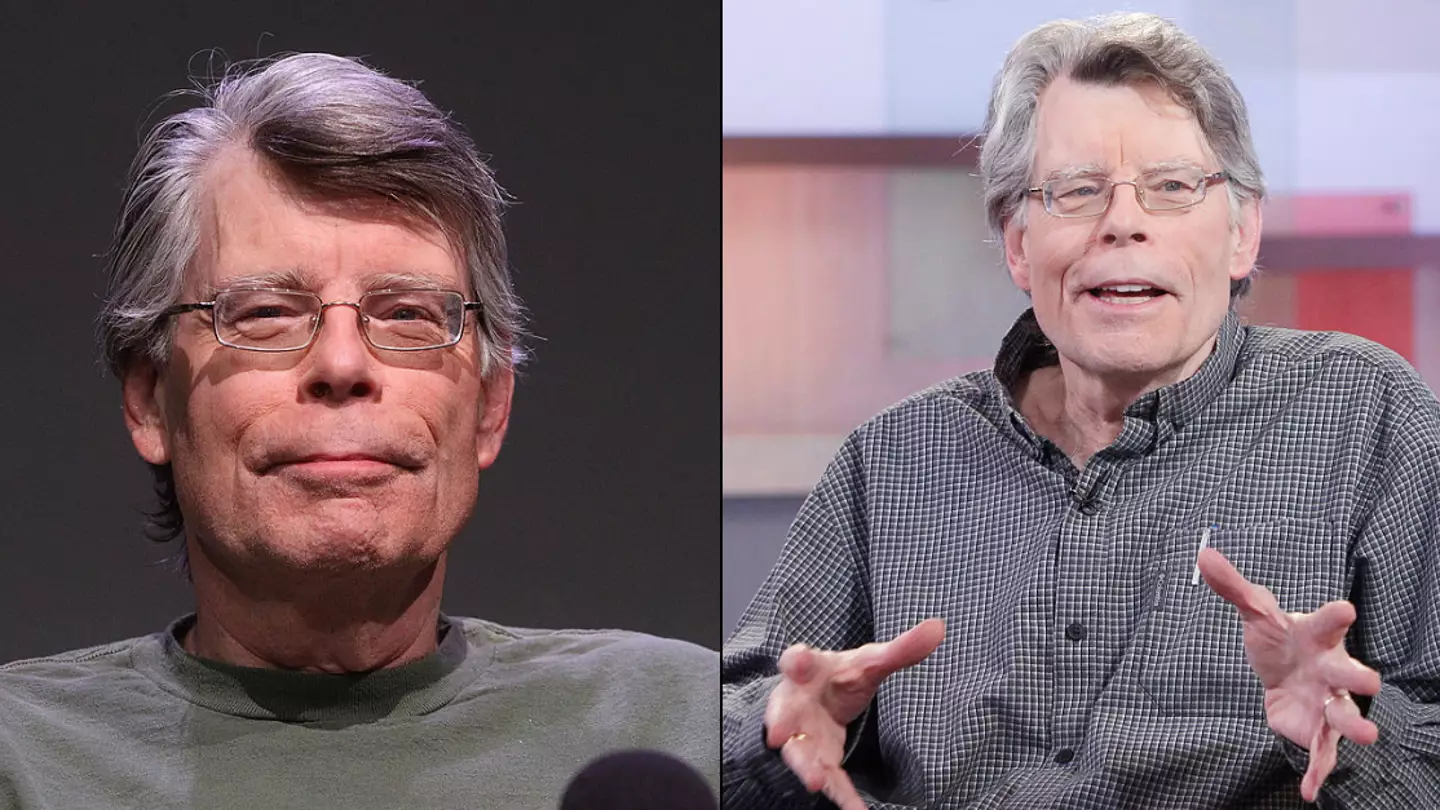American author Stephen King ordered one of his books to be taken off shelves for good
Stephen King, the legendary American author known for his numerous bestsellers, is widely recognized as a master of the horror genre. Since releasing his first novel, Carrie, in 1974, King has captivated readers with his chilling tales, including iconic works such as The Shining and IT. His ability to produce an extensive catalog of high-quality work in a relatively short amount of time has earned him a place as one of the most prolific and respected authors in the world.
However, there is one book in his vast collection that stands out—Rage, a novel that will never be printed again. This 1977 book, originally published under King’s pseudonym Richard Bachman, was quietly pulled from shelves and permanently removed from circulation for very specific and deeply personal reasons.

The Pseudonym and the Controversial Novel
Rage was released during a time when King was exploring a different writing persona under the name Richard Bachman. At the time, Bachman was a pseudonym used by King to release works that were separate from his well-known brand. However, while Rage was a part of Bachman’s collection, it was ultimately tied to a haunting controversy that would change its fate forever.
Rage follows the story of a high school student who, after being expelled, goes on a violent shooting spree, killing two teachers and threatening further violence unless his demands are met. The novel ends with the shooter being arrested and committed to a psychiatric hospital after being found not guilty by reason of insanity. Unfortunately, Rage was not just a fictional tale—it quickly became associated with real-life tragedies.
The School Shooting Connection
King’s decision to remove Rage from publication came after a tragic real-world event that made him rethink the book’s place in society. In 1997, a school shooting occurred in Kentucky, carried out by a 14-year-old student named Michael Carneal, who had a copy of Rage in his locker. This event, where three students were killed and five others were injured, deeply affected King, especially when he learned about the connection between the book and the shooting. King later explained his rationale for pulling Rage from shelves during a 1999 speech, stating that the shooting incident made him question the potential influence of the book on vulnerable individuals.
“I asked my publisher to take the damned thing out of print,” King wrote in a foreword to his novel Blaze. He continued, explaining that the events surrounding Carneal’s actions were enough to convince him to make the difficult decision to permanently withdraw the novel. For King, it wasn’t just about the tragedy of the shooting but also about the potential harm a story like Rage could do if it fell into the wrong hands.
A Permanent Decision
After the Carneal incident, Rage was officially taken out of print, and its presence in later collections, such as The Bachman Books, was also removed. The book’s link to other school shootings, particularly in the wake of tragedies like the Sandy Hook shooting in 2012, only reinforced King’s decision to distance himself from it. In a reflective essay called Guns, King elaborated on the reasons behind his actions, expressing his belief that works like Rage had no place in a world where school violence had become an all-too-real and devastating epidemic.
Today, finding a copy of Rage is no easy task. While used versions occasionally pop up for sale through online auction sites, there will be no new editions of the novel. The book is now a part of history, one that King himself has deemed too dangerous to keep in circulation. It serves as a haunting reminder of how fiction, no matter how fictionalized, can be linked to real-world violence—and the responsibility authors bear when creating such narratives.
King’s decision to remove Rage from shelves stands as a powerful testament to the importance of being mindful of the impact of art on society. While King has written numerous terrifying stories, Rage was one he chose to retire from the world permanently, a rare and thoughtful move in an author’s otherwise vast and varied career.

